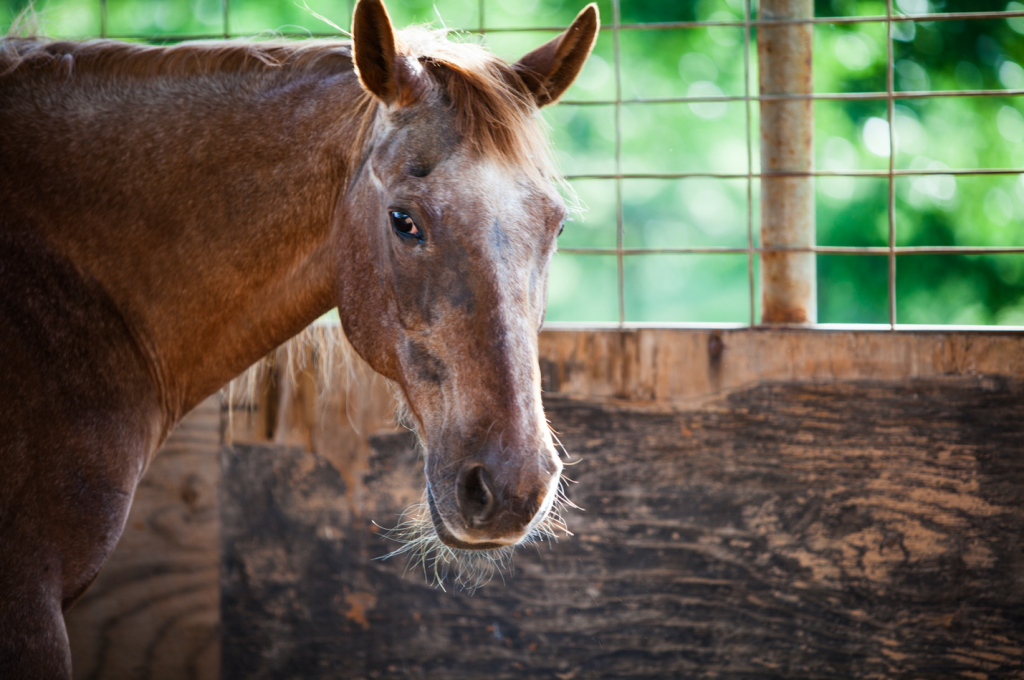
Are you are horse owner? Do you want to keep your horse as healthy and happy as possible? So do we! Caring for the world means caring for the animals in it.
Learning how to care for your horse’s hooves in the wintertime is of utmost importance to prevent bruises and discomfort and keep your horse in tip-top shape.
Here are 5 tips for caring for horse hooves in winter:
-
Increase Activity
During the winter, circulation tends to decrease in a horse’s hooves, making their hooves grow more slowly. Therefore, more riding or turnout in a pasture is beneficial to help with circulation and overall health and wellness.
As you know, winter weather can bring with it icy and snowy conditions. Always be sure to ride with safety and be cautious about where you ride. If the conditions seem unsafe, save the trail for another day.
-
Aluminum Horseshoes
Depending on the horse, some farriers suggest keeping your horse barefoot during winter. However, if wearing shoes is the most beneficial for your particular horse, then aluminum horseshoes are a great option.
Aluminum horseshoes are widely considered one of the best horseshoe materials because they create a lightweight shoe that does not create fatigue for your horse.
-
Snow Pads
Snow pads are optimal for winter horse care, and effectively keep snow from building up inside your horse’s hooves and icing over. However, ice packs in a hoof can cause bruising and decrease their traction, leading to other injuries.
There are options to get rim pads or full pads. The rim pads are placed underneath the horseshoe and have a rubber or plastic lining that runs around the edge of the hoof. Full pads will cover the entire hoof and have a dome center that forces snow out of the hoof when compressed as the horse walks.
-
Keep an Eye on the Ground
Any area in the paddock or barn with high traffic or an area of confinement in the stables must be monitored during the winter. Crushed stone can be placed in areas of high traffic to prevent erosion. Woodchips and sand can be used in confinement areas or give traction to areas that might get icy.
Avoid heavily salting areas where your horse will be, as that can detrimental in the long term for their hooves.
-
Watch out for Abscesses
Fluctuating temperatures and alternating wet and dry conditions can bring about abscesses in a horse’s feet, which will make them seemingly lame overnight.
Insuring hoof quality before winter will help prevent your horse’s hooves from getting abscesses. If they do develop, however, call your veterinarian immediately.
How Will You Prepare Your Horse This Winter?
These tips for caring for horse hooves will help your horse make it through the winter as happy and as healthy as can be. Most importantly, you want your horse to be as safe as possible for the conditions. Therefore, make sure to keep an open dialogue with your farrier to ensure optimal hoof health during winter.
Learn about other ways to care for the animals, the people, and the planet around you with more articles from Citizen Effect!
And as always, we’d love to hear from our readers. So please reach and say hello!
Leave a Reply
You must be logged in to post a comment.